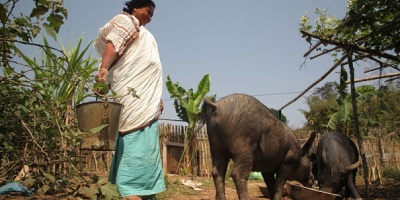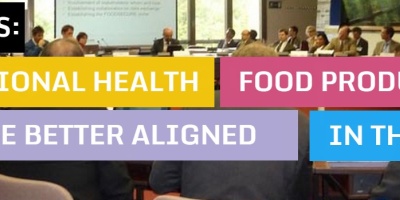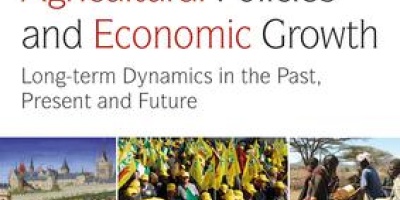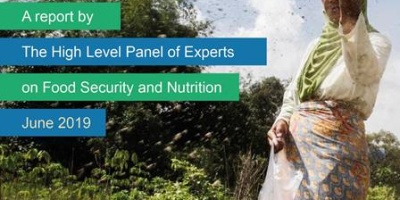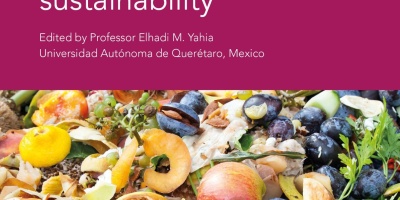In 1996, the World Food Summit stated that food security ‘exists when all people, at all times, have physical and economic access to sufficient, safe and nutritious food to meet their dietary needs and food preferences for an active and healthy life.’ This definition encompasses four key elements: 1) the physical availability of food, 2) the legal, political, economic and social arrangements which assure access to food, 3) the ability to utilise food through adequate diet, clean water, sanitation and health care to reach a state of nutritional well-being, and 4) the stability of all these factors across time. Today, just under 800 million people are undernourished. Compounding this problem, changing dietary patterns (sometimes referred to as the ‘nutrition transition’) brought on by the processes of globalisation mean that, obesity is also now a growing problem, and many developing and emerging countries now find themselves presented with a ‘double burden’ of poor nutrition. Over 2 billion people worldwide are now overweight or obese and most of these are to be found in middle and low income countries simply because their populations are so great. Overlapping with these numbers some 2 billion people suffer from micronutrient deficiencies (most commonly of iron, vitamin A and iodine) which causes physical and cognitive problems, particularly in children and women of childbearing age.




